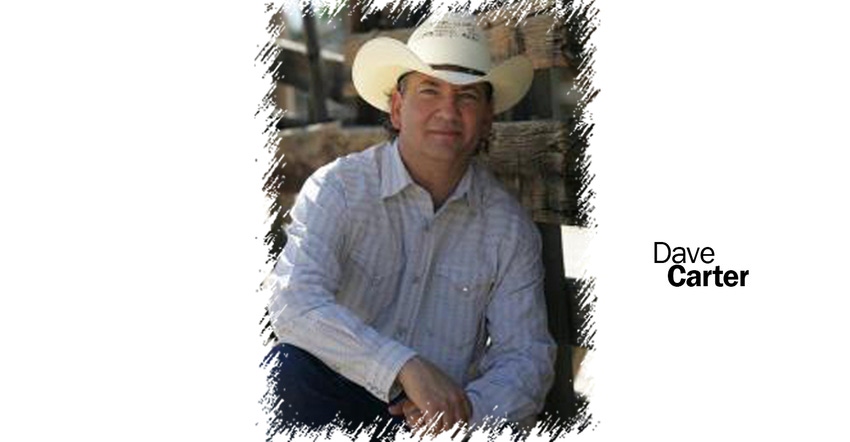In a tough ag economy, can commodity producers find opportunity in the natural and organic industry?

The ag economy in Burlington, Colo., is not looking as rosy as it was a few years back. Corn that fetched $8 per bushel three years ago is now hovering around $3. Wheat prices are half the levels of three years ago, and the cattle market has fallen far from its 2014 highs.
About 150 miles up the road, organic and natural food companies headquartered in Boulder are clamoring for new sources of ingredients for their products. Many of those ingredients can come from crops and livestock that can be readily grown in Colorado.
But farmers bemoaning crop prices while huddled over their morning coffee in the local café in Burlington find it difficult to say the word "Boulder" without preceding that word with the phrase, "The People’s Republic of…" as if they are speaking of a foreign country.
It’s not just Boulder and Burlington. Cattle ranchers in Amarillo, Texas, tend to see Austin as a world apart. Growers in Mora, Minn., look askance at the natural food companies in Minneapolis. Same story in farming communities outside Atlanta, Seattle and Portland.
For half a century, commodity producers have relied on foreign markets for a significant part of their economic viability. Those markets have brought periodic profitability but also volatility. And, based on the rhetoric in this politically charged election season, access to those markets may become increasingly uncertain.
Meanwhile, the natural food industry is eager to develop domestic sources of key ingredients. The Organic Trade Association notes in a recent manufacturing survey that the supply of ingredients presents one of the largest challenges for organic manufacturers. Many of the manufacturers that exhibited at Natural Products Expo East last month are eager to cultivate direct relationships with farmers to overcome that obstacle.
Perhaps it’s time for farmers in Burlington to launch a new trade mission…to the People’s Republic of Boulder. Yes, those farmers may have to change their production methods to reap the premiums offered by manufacturers of organic, non-GMO and other specialty products.
But, they can at least launch the trade mission in their pickup trucks, and without having to learn a foreign language.
About the Author(s)
You May Also Like




